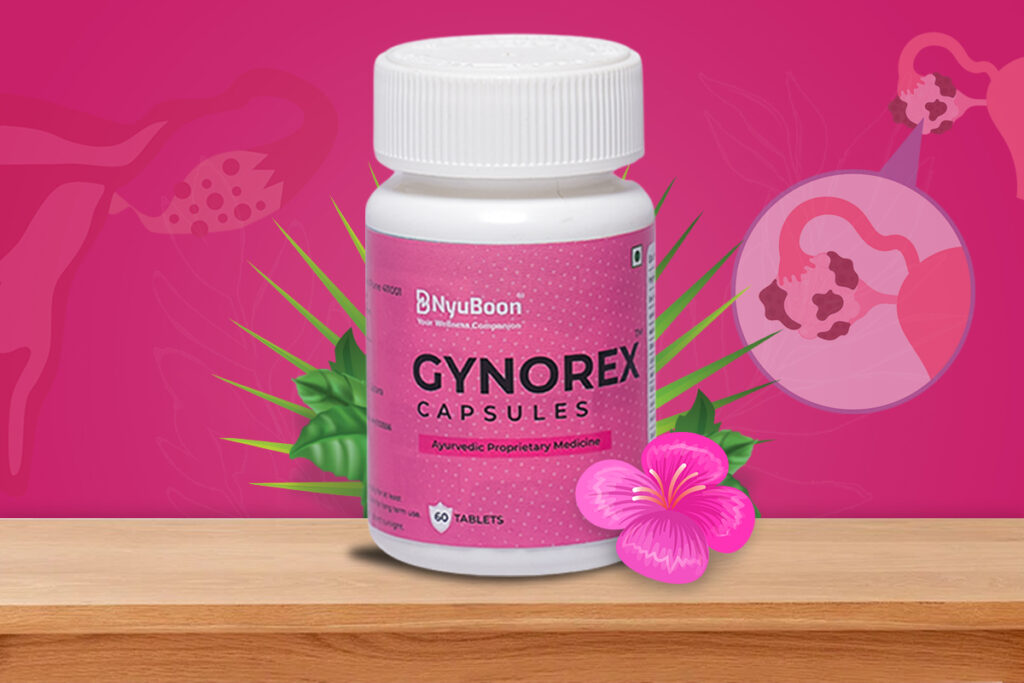PCOD Medicine

Millions of women across the globe are afflicted with Polycystic Ovary Disease (PCOD), also known as Polycystic Ovary Syndrome (PCOS). Affecting menstruation, fertility, weight, and general health, this difficult hormonal disorder may change all of those things. You might be asking what the top PCOD Medicine are available to control symptoms and raise your quality of life if you have been diagnosed with PCOD.
What is PCOD?
PCOD is a hormonal illness distinguished by bigger ovaries with few cysts. Women with PCOD sometimes show symptoms like irregular menstruation, too much hair growth, acne, weight gain, and problems with fertility. Though the exact cause of PCOD is unknown, it has been connected to insulin resistance, hormonal imbalances, and genes.
Many facets of health are impacted by PCOD, hence a whole strategy incorporating medication, food, and lifestyle changes is often needed.
Function of PCOD in the control of symptoms
While there is no one-size-fits-all treatment for PCOD, several medications can help manage symptoms and lower health risks. Usually meant to:
- Manage monthly cycles.
- Control insulin resistance.
- Monitor androgen, or male hormone, levels.
- Help manage weight
- Raise fertility.
Common Varieties of PCOD Medication
Below are a few often-prescribed medications for PCOD:
- Pill-Based Hormonal Birth Control
To control androgen levels and regularise menstrual cycles, these are sometimes the initial line of therapy. By balancing hormones, they might help reduce too much hair growth and acne.
- Metformin
Common prescriptions for women with PCOD who have insulin resistance, metformin is an insulin-sensitizing medication that lowers blood sugar levels and helps promote weight loss, therefore alleviating symptoms over time.
- Medications against androgens
Spironolactone and other drugs lower the impact of excess male hormones, therefore relieving symptoms including acne and unwanted hair development.
- Drugs for Fertility
Medications such as letrozole or clomiphene citrate help women seeking to become pregnant by stimulating ovulation and boosting the likelihood of pregnancy.
- Herbal Remedies and Supplements
Some women look to natural supplements, including inositol, omega3 fatty acids, or herbal recipes, intended to promote hormonal equilibrium and metabolic well-being. Always speak with your doctor about these alternatives before starting.
Key Factors to Think About While Taking Medicine
- Personalized treatment is essential as PCOD varies greatly from person to person. Consult a healthcare provider.
- Lifestyle changes are crucial: Medicine is most effective when combined with stress management, consistent exercise, and good eating.
- Watch for adverse effects: Some drugs have side effects; maintaining honest communication with your doctor enables treatment modification if necessary.
- Long-term treatment: Since PCOD is a chronic disease, regular checkups and ongoing care are necessary.
Supplementary Methods to Help with PCOD Therapy
- Along with medication, you can take actions that naturally aid in the control of PCOD:
- To raise insulin sensitivity, concentrate on entire foods, lean proteins, good fats, and fiber-rich vegetables.
- Regular physical activity helps control hormones and promotes weight management.
- Reducing stress: Yoga, meditation, or mindfulness can help to balance hormones.
- Proper sleep is vital for general health and hormonal balance.
Last Thoughts
PCOD can seem daunting, but with the right understanding and therapy plan, including powerful PCOD medication, many women live happy, fulfilling lives. Seek medical advice and investigate individualized treatment possibilities if you believe you have PCOD or have already been diagnosed.
Keep in mind that controlling PCOD is a process that combines medical treatment with lifestyle choices. Controlling your health right now can help you achieve a happier you, better hormonal balance, and reduced symptoms.
